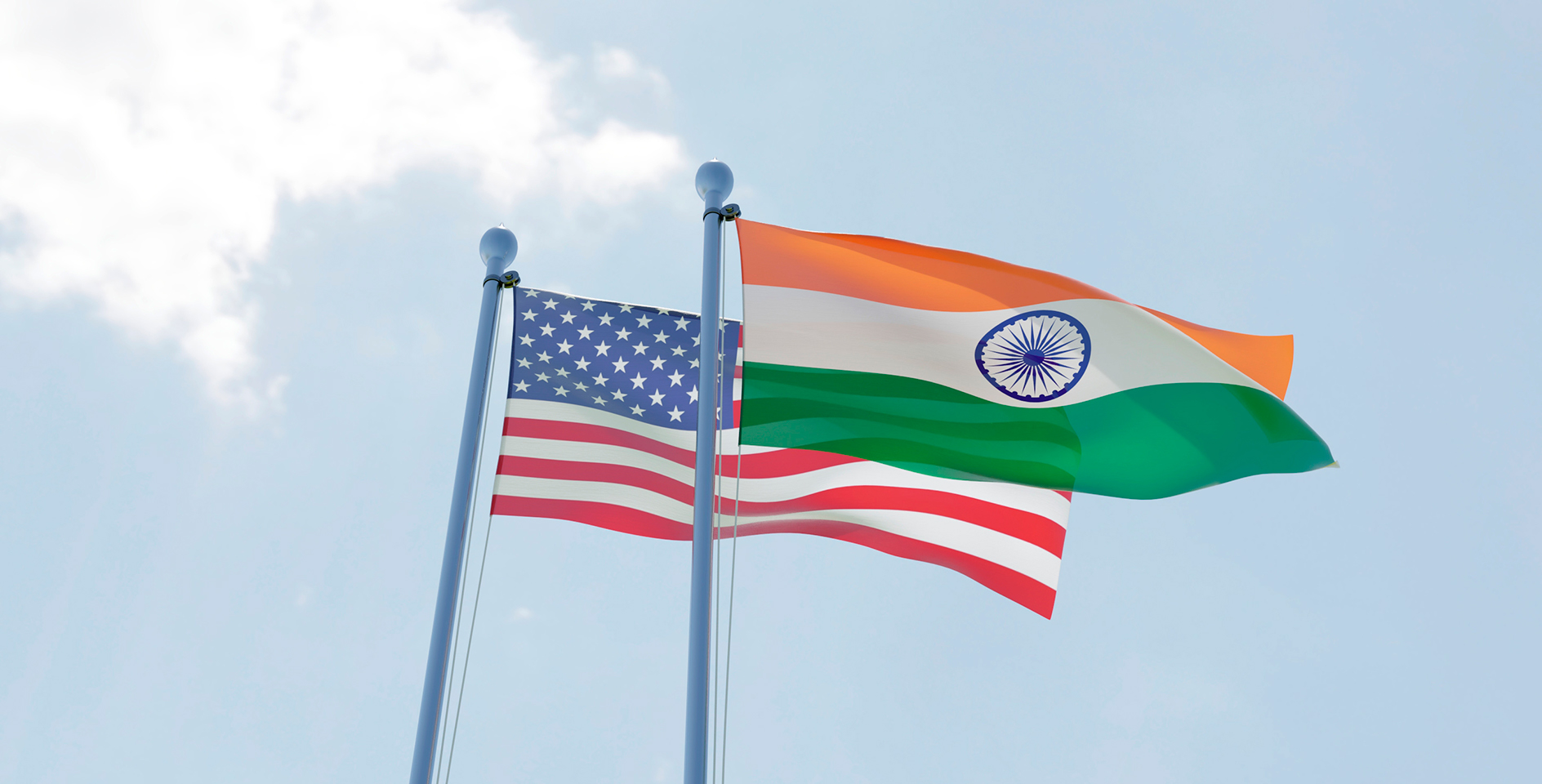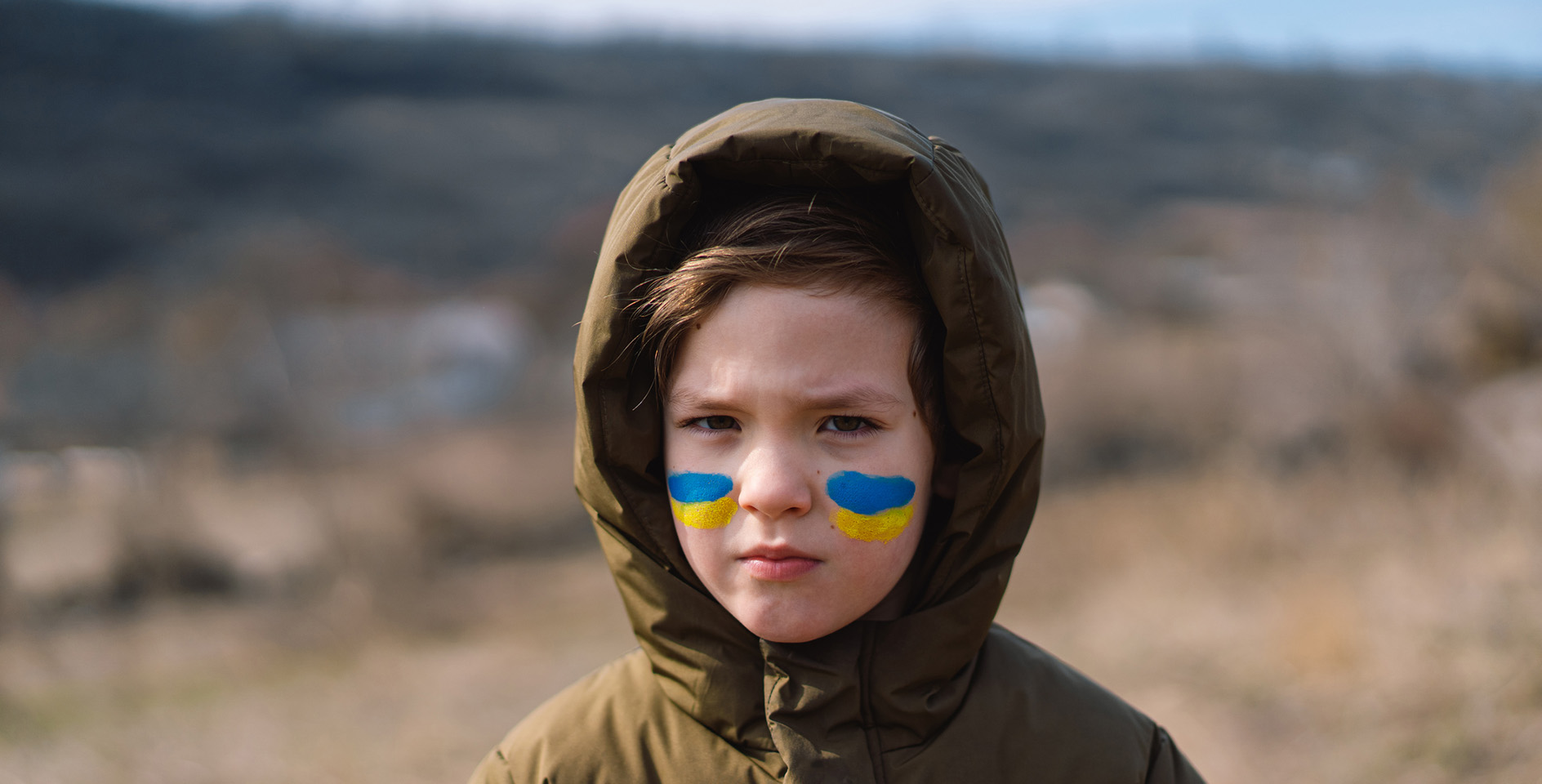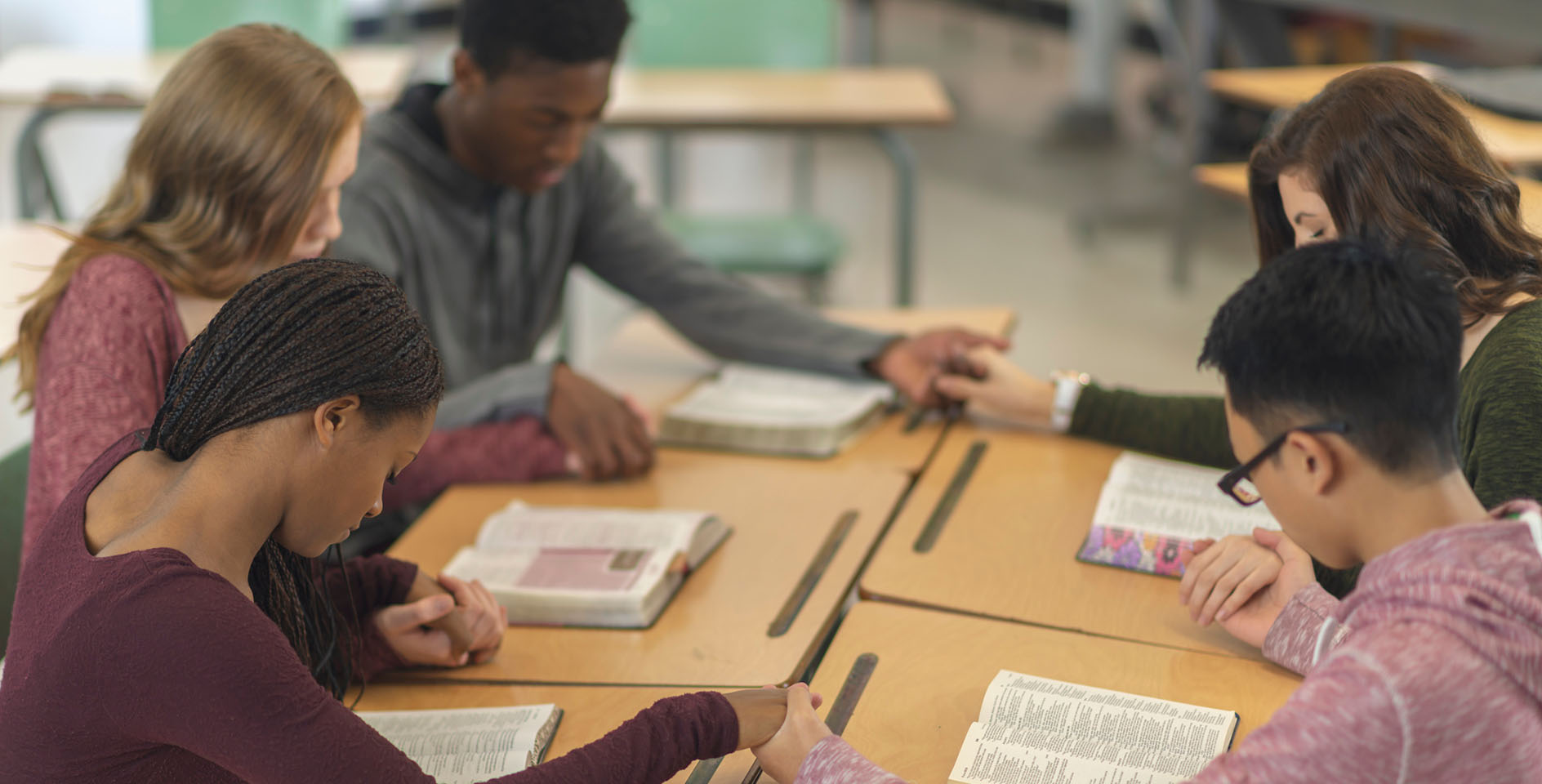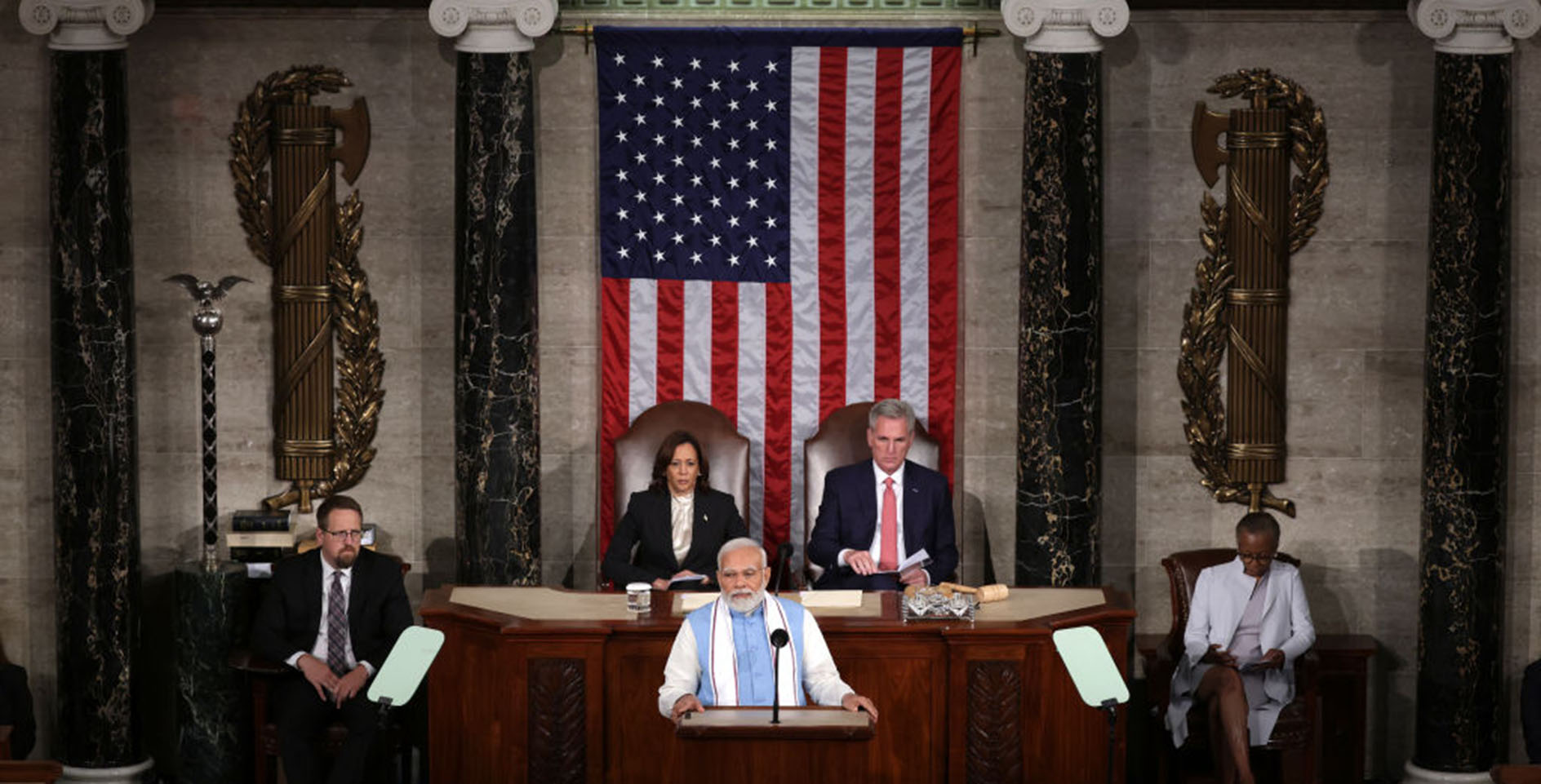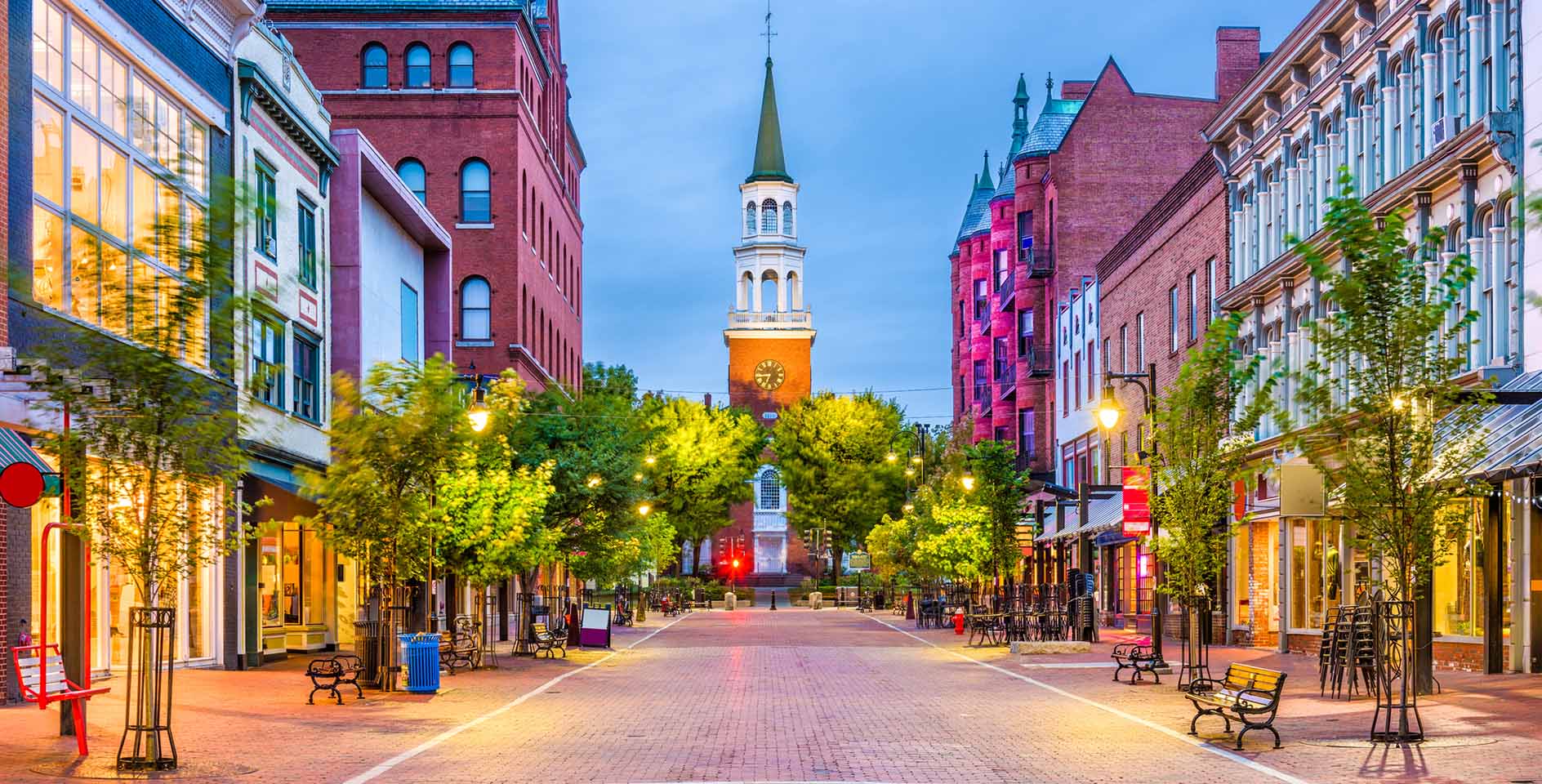When the world’s oldest democracy and the world’s largest democracy develop a close relationship, that can only be good for religious freedom, right? Well, it’s complicated.
U.S. President Donald Trump and Indian Prime Minister Narendra Modi have become close in recent years. At the end of Trump's state visit to India in February, he celebrated their friendship and said, “The U.S.-Indian partnership is now truly stronger than ever before.” Likewise, Modi lauded their nations’ blossoming relationship as “people-driven” and “the most important partnership of the 21st century.”
To say India gave Trump a warm welcome is an understatement. In addition to a symbolically powerful visit honoring Indian icon Mahatma Gandhi at Raj Ghat, as well as a stop at the Taj Mahal, Modi ensured Trump felt welcomed from a spectacular crowd of tens of thousands cheering at a “Namaste Trump” rally.
But that was not the only headline out of Delhi while Trump was in town. Religious violence, a scourge not unusual in India, was taking a dramatic toll.
The world’s largest democracy
With its 1.3 billion people, India is by far the most populous democracy in the world. The republic is governed under a robust parliamentary system and boasts an active independent judiciary. It is a dominant leader in South Asia, a nuclear power, and a global player seen by some U.S. policymakers as an attractive counterweight to the only country with more people—China.
Most Indians are Hindu (79.8%), but there are a number of religious minorities. About 14% are Muslim and 2.3% are Christian. Sikhs (1.7%), Buddhists (0.7%), and others also have significant numbers of adherents. Keep in mind that these percentages are in a population of more than a billion people. For example, at 2.3%, the number of Christians is 30 million strong (larger than the entire population of Texas). Even more striking, more Muslims live in India than in any other country except Indonesia.
India’s constitution, adopted in 1949, begins with “We, the People” and enshrines numerous guarantees including religious freedom for all in its “sovereign socialist secular democratic republic.” However, religious strife is testing those fundamental principles.
Hindutva
A concept known as “Hindutva” began to take shape in some Indian minds about a hundred years ago. This “Hindu-ness” was not necessarily a religiously limited category, but it sought to distinguish true Indians from British colonial overlords and their ilk. Hindutva steadily grew in influence and today its emphasis on Hindu nationalism is a rallying cry for activist groups and leaders in the country’s ruling Bharatiya Janata Party (BJP).
The BJP, which had long played second fiddle to the Congress Party of Gandhi and Jawaharlal Nehru, gained significant strength in the late 1990s. In 2014, it won a landslide electoral victory under the leadership of then-Gujarat Chief Minister Narendra Modi. Unfortunately, according to U.S. government watchdogs, concurrent with the rise of the BJP has been a serious uptick in religious persecution.
As you might guess, given their relative prevalence in key parts of the country and India’s acrimonious relationship with neighboring Pakistan, Muslims are viewed with particular suspicion by many Hindutva adherents. The U.S. Commission on International Religious Freedom (USCIRF) reported last year that both Hindutva moderates and extremists see a need for “‘mitigation’ against the growing Muslim community.”
Indeed, the riots in Delhi during Trump’s visit were sparked by a new Indian citizenship law Muslims feel BJC legislators aimed against them. Meanwhile, extremists have kidnapped, raped, and murdered Muslims, and government leaders have been accused of ignoring or, worse, fomenting such violence. For example, in addition to calling out BJP leaders’ inflammatory rhetoric, the U.S. State Department’s annual international religious freedom report highlights a case in which “a court in Jharkhand sentenced 11 individuals, including a local BJP official, to life in prison for beating to death a Muslim, whom his killers believed to be trading in beef.”
Christians, too, face serious threats. Open Doors USA calls the violence against Indian Christians “horrific” and ranks the world’s largest democracy as the 10th most dangerous country in the world for believers. Anti-conversion laws are used as weapons against churches and vigilante mobs commit vandalism, harassment, and murder when they suspect Christians are threatening Hindu principles.
Again, government forces are involved in this persecution of Christians. USCIRF reminds us that India’s Foreign Contribution Regulation Act continues to be used as a bludgeon against thousands of international groups like Compassion International (read more from ERLC on this here). Moreover, the State Department recounts cases of police arresting evangelists for “hurting religious sentiments” and worshippers for “spreading lies about Hinduism.” Baptist Press featured a story just weeks ago about two pastors and a layman who were incarcerated in Uttar Pradesh for more than two months based on complaints against them lodged by Hindu extremists. These brave souls used the time in prison as a witness for the love of Christ, but they regularly faced intimidation and physical abuse from other prisoners.
Protecting our friends
Just a few weeks before President Trump visited India, his administration delivered on one of its key promises by launching an International Religious Freedom Alliance. The U.S. and 26 other nations locked arms to promote and protect religious liberty worldwide. At the coalition’s launch, Secretary of State Mike Pompeo declared, “The Alliance will unify powerful nations and leverage their resources to stop bad actors and advocate for the persecuted, the defenseless, and the vulnerable.”
Pompeo added, “The threats to religious freedom are global. They require global participation and global solutions.”
In that spirit, a blooming friendship between the world’s oldest and largest democracies should hold much promise on the world stage. Officials in both nations are wise to address concerns with tact and respect. However, we must be sure to adamantly urge action against this very real threat to hundreds of millions of religious minority worshipers in our friend’s house. As the Trump-Modi relationship deepens and skilled diplomats like U.S. Ambassador Sam Brownback prod Indians to remember constitutional commitments fundamental to their republic, I pray we will see an active curtailment of violence and a future of flourishing freedom.



